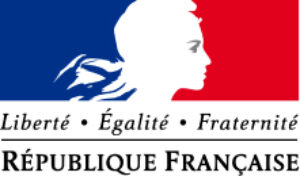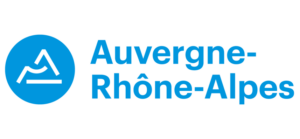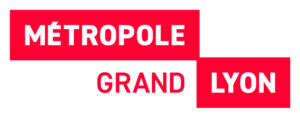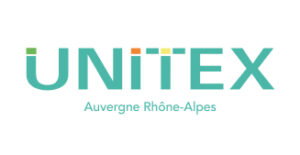
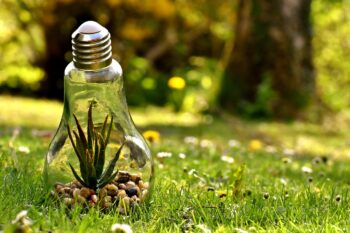
The transition to a more sustainable and environmentally friendly economy is at the heart of world-wide concerns. With this in mind, the Ecological Transition Agency, ADEME, financially supported three projects approved by Techtera as part of France 2030, aiming to promote sustainability, innovation and circularity in the textile industry.
Discover these three projects:
OzoCell: Upgrading of co-products from oilseed flax cultivation into an artificial cellulosic fibre with low environmental impact
Oilseed flax, grown for its oil-rich seeds, generates a non-recycled co-product: Straw, which is rich in cellulose, lignin and hemicellulose. This straw is a problem for farmers. They cannot spread it on the fields because of its slow breakdown characteristics.
The OzoCell project, led by Linéa Semences de Lin, in collaboration with CETI, Décathlon, Unilasalle, and Bretagne Pack, aims to upgrade this oilseed flax straw. The cellulose, extracted from the straw, will be functionalised then transformed into filaments and artificial cellulose fibres. A process, based on the use of ozone, will be developed to achieve this transformation of biomass, combining biosourced chemistry and green chemistry. Cellulosic fibres and filaments are positioned as alternatives to current viscose and Lyocell processes. The sports market, represented by Decathlon, and those working with technical textiles, represented by Bretagne Pack (producer of food netting), seek to use them in order to reduce the environmental impact of their products.
CASTTOR: Revolutionary recycling of complex polyester-based textiles
Due to its composition, less than 10% of used clothing is collected and retransformed into new reusable materials. Current thermomechanical and mechanical recycling methods do not make it possible to recycle a certain number of textiles. So, Recyc’Elit has developed a chemical technology making it possible to selectively depolymerise the polyester present in textiles, including when it is mixed. The aim is to demonstrate the viability of this process on a pre-industrial scale, which would notably allow a 95% reduction in greenhouse gas (GHG) compared to landfilling. The project led by Recyc’Elit, in collaboration with De Dietrich, Axel’One and IFTH, concerns the design of an industrial demonstrator capable of recycling 75 kg per day of waste or used materials leading to the production of monomer.
PLAIRE : High-performance plastics made from 100% recycled materials
The PLAIRE project aims to develop high-performance plastics made from 100% recycled materials. Led by the company CYCL-ADD, this project is part of the theme of plastic recycling, with the aim of creating new Recycled Raw Materials (RRM) from waste that is difficult to recycle. By emphasising local waste collection and promoting local and national marketing, PLAIRE responds to the growing market demand for recycled plastics. The project intends to optimise a patented mechanical recycling process.
These three projects embody innovation, sustainability and circularity in the textile industry; a major pillar of Techtera’s strategy. They pave the way for more environmentally friendly practices, thus strengthening France’s commitment to the transition to a greener and more circular economy.
Contact: Sonia DESCOINS – communication@techtera.org
